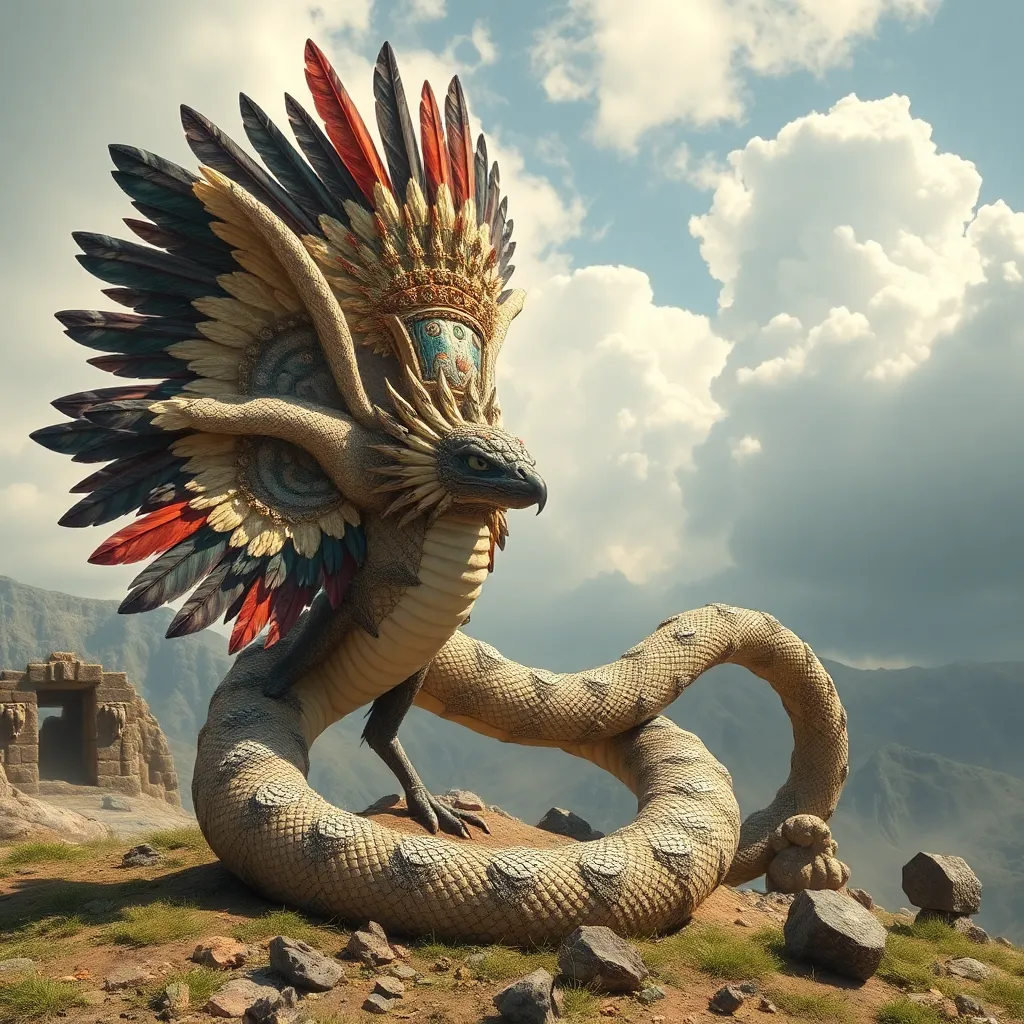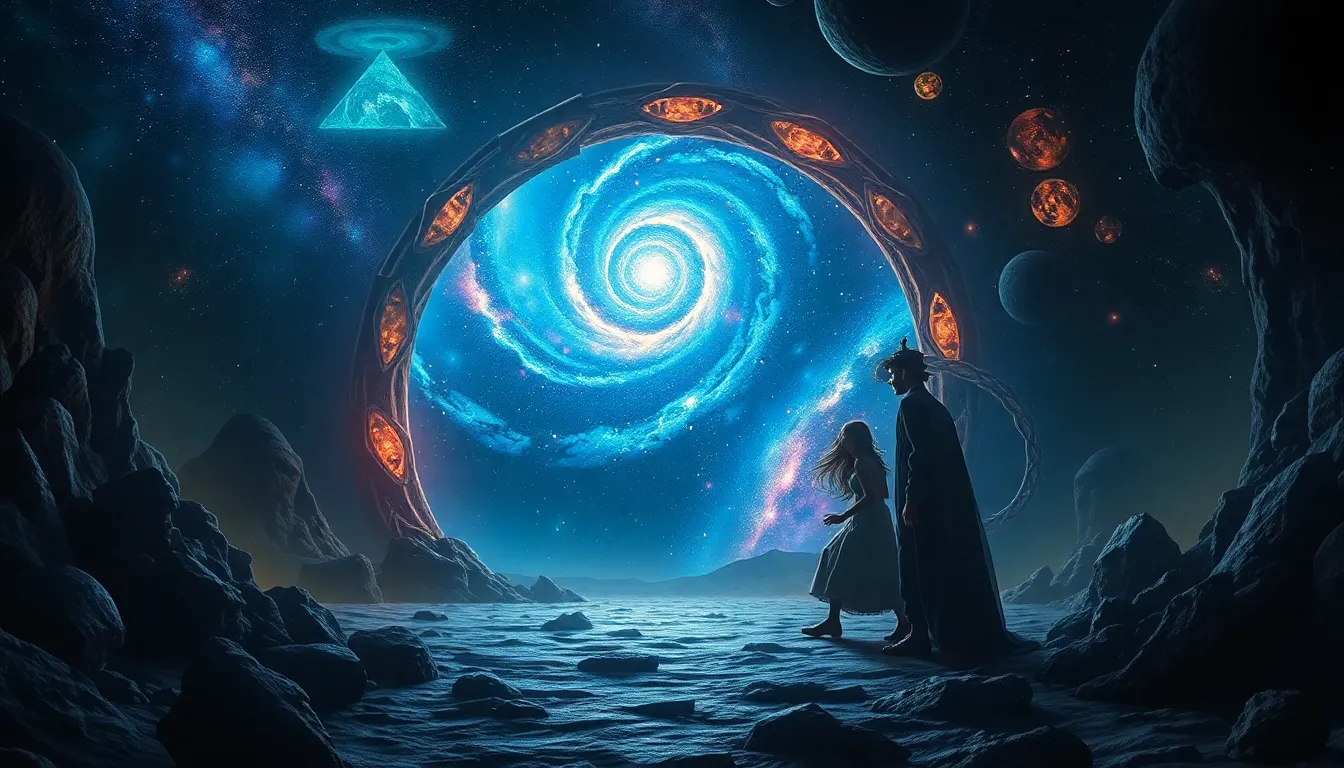Cultural Hero Myths: The Legends That Empower Communities
Introduction to Cultural Hero Myths
Cultural hero myths are narratives that celebrate individuals who embody the values, ideals, and aspirations of a community. These legends often feature protagonists who overcome great challenges, displaying courage, wisdom, and resilience. Hero myths serve as a powerful tool for communities, fostering a sense of identity and cohesion among their members.
These stories not only entertain but also reinforce social norms and collective values, helping individuals to understand their roles within their cultural context. Through the lens of hero myths, communities are able to articulate their shared history, aspirations, and moral compass.
The Role of Myth in Society
Myths play a crucial role in shaping cultural values and beliefs. They are narratives that convey essential truths about the human experience, often serving as moral guides for individuals and communities. The impact of these myths is profound, influencing behavior on both individual and collective levels.
- Shaping Values: Myths instill core values such as bravery, loyalty, and justice, which are vital for community cohesion.
- Psychological Impact: Hero myths can inspire individuals, providing them with role models to emulate, and fostering a sense of belonging.
Historical Overview of Hero Myths Across Cultures
A brief survey of prominent hero myths reveals a rich tapestry of narratives that span across cultures. Some notable examples include:
- Hercules: A Greek hero known for his immense strength and heroic feats, representing the struggle against adversity.
- Gilgamesh: An epic figure from Mesopotamian mythology, symbolizing the quest for immortality and the human condition.
- Robin Hood: An English folk hero who champions the cause of the oppressed, embodying themes of justice and rebellion against tyranny.
Despite the differences in cultural contexts, these myths often share common themes such as the hero’s journey, the battle against evil, and the quest for justice, showcasing universal archetypes that resonate across societies.
The Function of Cultural Heroes in Community Building
Cultural heroes play a vital role in unifying communities, particularly during times of crisis. They serve as symbols of hope and resilience, inspiring collective action and solidarity among community members.
- Local Heroes: Figures such as community leaders, activists, and everyday citizens can emerge as local heroes, impacting community resilience and fostering a culture of mutual support.
- Historical Context: In times of war or social upheaval, communities often rally around their heroes, drawing strength from their stories and legacies.
Empowerment Through Representation
The representation of diverse cultural heroes is crucial for reflecting the multifaceted identities within a community. When individuals see themselves represented in hero narratives, it fosters a sense of empowerment and belonging.
Case studies of underrepresented heroes reveal their significant influence on marginalized communities:
- Harriet Tubman: A symbol of courage and freedom, she inspires generations in the fight for social justice.
- Frida Kahlo: Her life and art challenge societal norms, empowering women and LGBTQ+ individuals.
The Evolution of Hero Myths in Modern Society
Contemporary issues are reshaping the portrayal of heroes, expanding the definition to include figures who tackle pressing global challenges. Environmental heroes, social justice activists, and community organizers have emerged as modern-day champions.
New media platforms have facilitated the dissemination of these hero myths, allowing diverse narratives to gain visibility and reach broader audiences.
Myths and Moral Lessons: Teaching Values Through Stories
Hero myths are rich with moral and ethical lessons that serve to educate communities. They often encapsulate the values that societies wish to impart to future generations.
- Lessons of Sacrifice: Many hero stories feature selfless acts that highlight the importance of putting others before oneself.
- Resilience: Myths often emphasize the significance of perseverance in the face of adversity, teaching individuals to remain steadfast in their beliefs.
Through storytelling, communities can convey these values, ensuring that moral education is woven into the fabric of cultural identity.
Critiques and Challenges of Cultural Hero Myths
While cultural hero myths play an essential role in society, they also face critiques. There is potential for these myths to perpetuate stereotypes or exclude certain groups, leading to a narrow understanding of heroism.
It is vital to critically examine the narratives we embrace, ensuring they reflect inclusive and diverse perspectives that resonate with all community members.
Creating New Myths for Future Generations
Communities can develop new hero myths that reflect current values and aspirations. Strategies for creating these narratives include:
- Engaging in Storytelling: Encourage community members to share their experiences and narratives.
- Incorporating Art and Literature: Use various mediums to express and disseminate new hero myths.
- Supporting Social Movements: Highlight the contributions of activists and community leaders who embody contemporary heroism.
Conclusion: The Enduring Power of Cultural Hero Myths
The significance of cultural hero myths in empowering communities cannot be overstated. They provide a framework for individuals to understand their identities, values, and responsibilities within their cultural context.
As communities cultivate and share their own hero narratives, they strengthen their bonds and inspire future generations to carry forward the legacy of heroism that reflects their unique experiences and aspirations.



